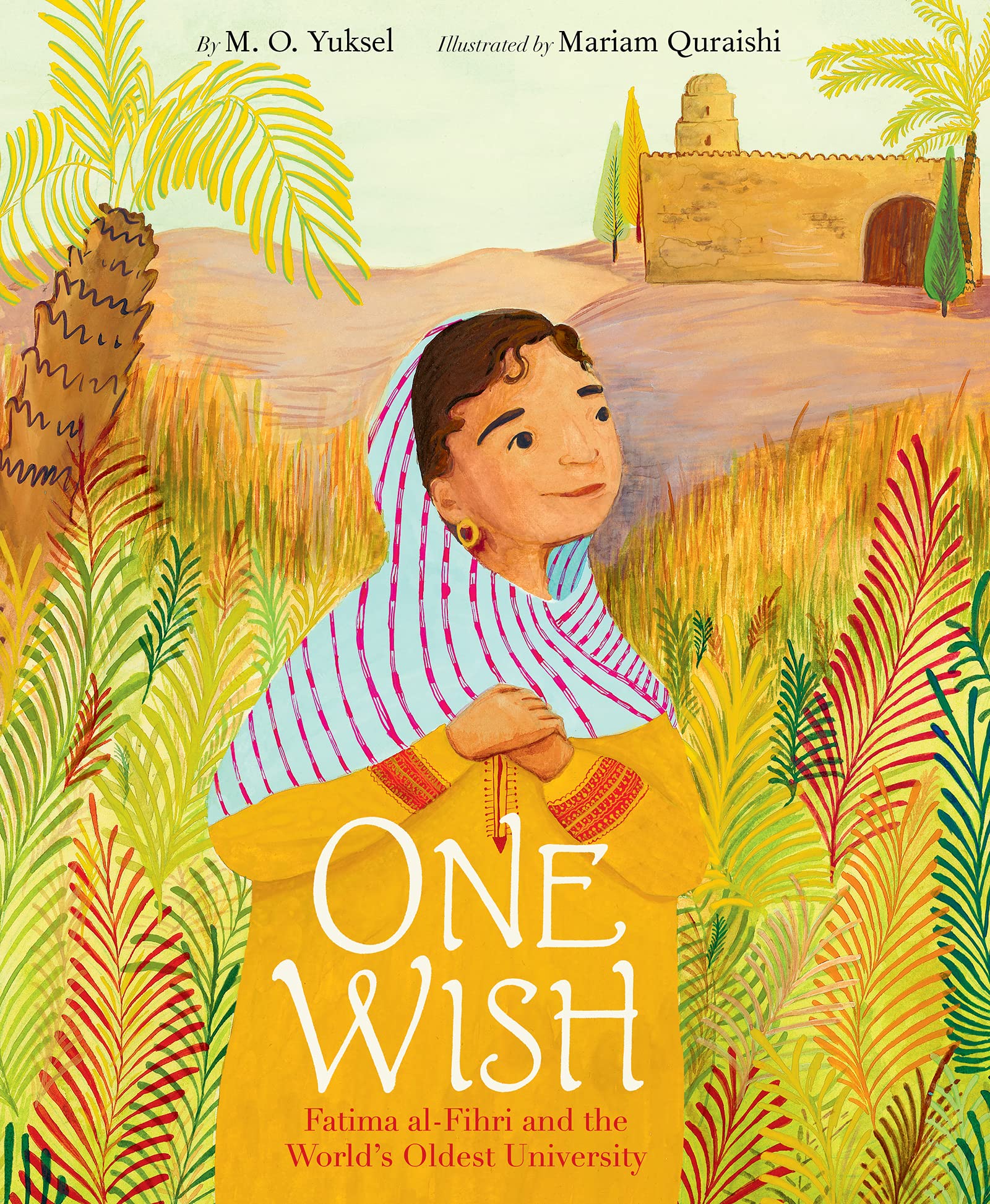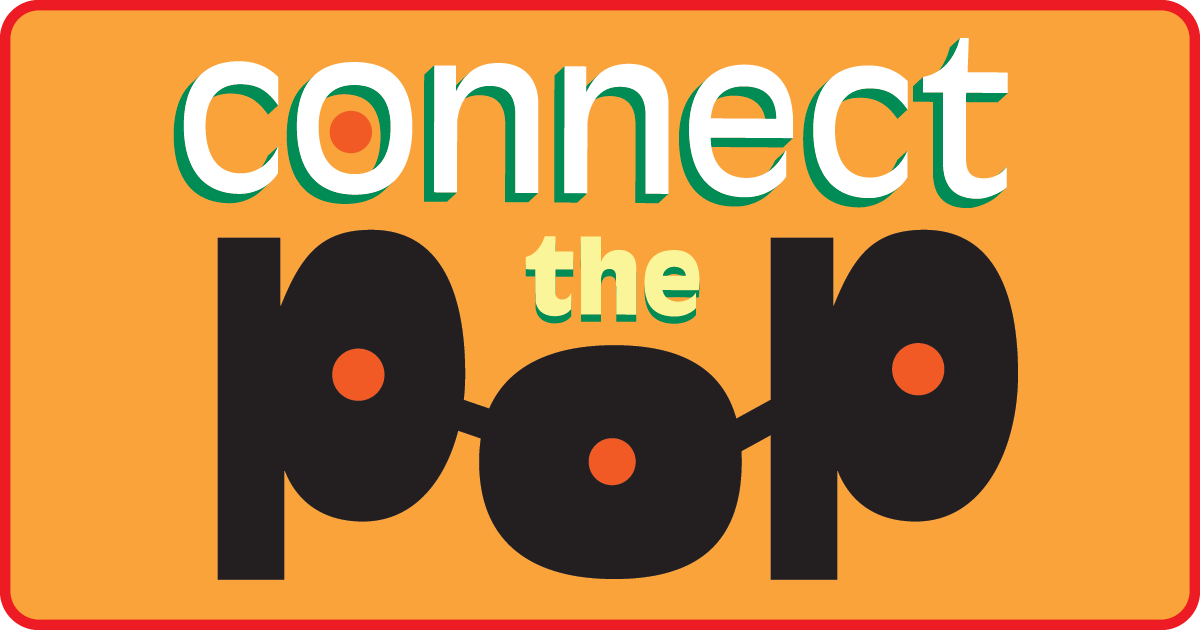
A Fuse #8 Production
SCROLL DOWN TO READ POSTS

The Classroom Bookshelf
by Mary Ann Cappiello
August 19, 2012 by Peter Gutierrez
Revisiting some of the pop culture topics covered here over the past few months by way of sharing some related links that get at media literacy, visual literacy, and transliteracy.
July 12, 2012 by Peter Gutierrez
I’ve always been proud of my fandom, but I’m even more thrilled that it is a powerful tool for instruction in my classroom.
May 17, 2012 by Peter Gutierrez
A connection with the point-of-view character sometimes isn’t made because words and ideas somehow get in the way of immediacy rather than reinforcing it. So when we attempt to show the cost of not appreciating literature by referencing the beauty and profundity of those words and ideas, we’re possibly compounding the problem...
ADVERTISEMENT
May 15, 2012 by Peter Gutierrez
We spy on these characters, we travel alongside them like a second, invisible yet all-seeing head on their shoulders, we peer inside their skulls, and later we say we “identified” with them as if that's something they would have wanted...
April 30, 2012 by Peter Gutierrez
"Keep Calm and Shoot Straight": cupcakes, Barbie dolls, lists of alternative texts, movie reviews, nonfiction comics and other media artifacts inspired by the film adaptation of The Hunger Games.
March 22, 2012 by Peter Gutierrez
“After dinner we watch the replay in the sitting room… And there I am, blushing and confused, made beautiful by Cinna’s hands, desirable by Peeta’s confession, tragic by circumstance, and by all accounts, unforgettable.”
March 20, 2012 by Peter Gutierrez
“There’s this sort of upbeat soundtrack playing under it that makes it twice as awful because, of course, almost everyone on-screen is dead.”
ADVERTISEMENT
ADVERTISEMENT

